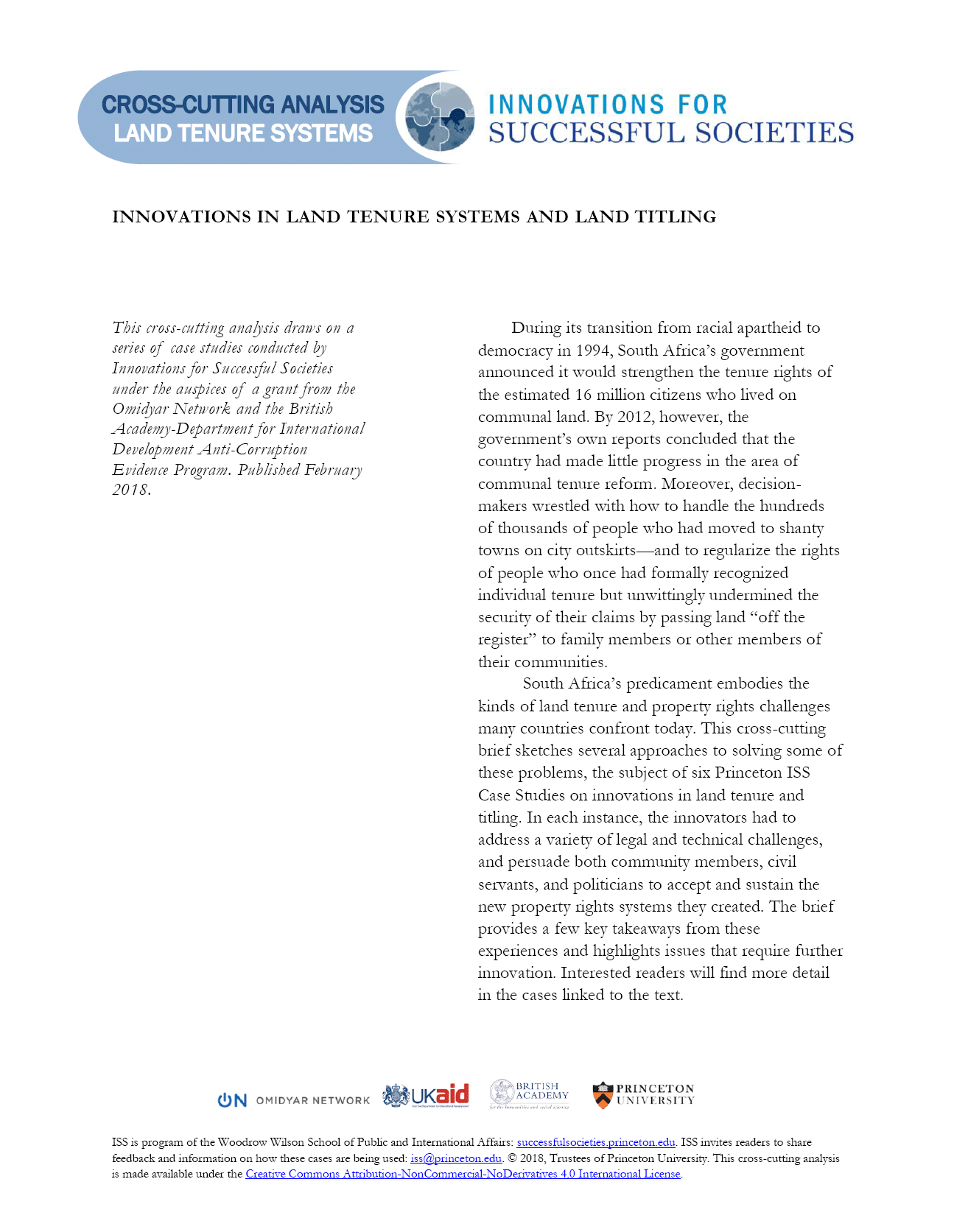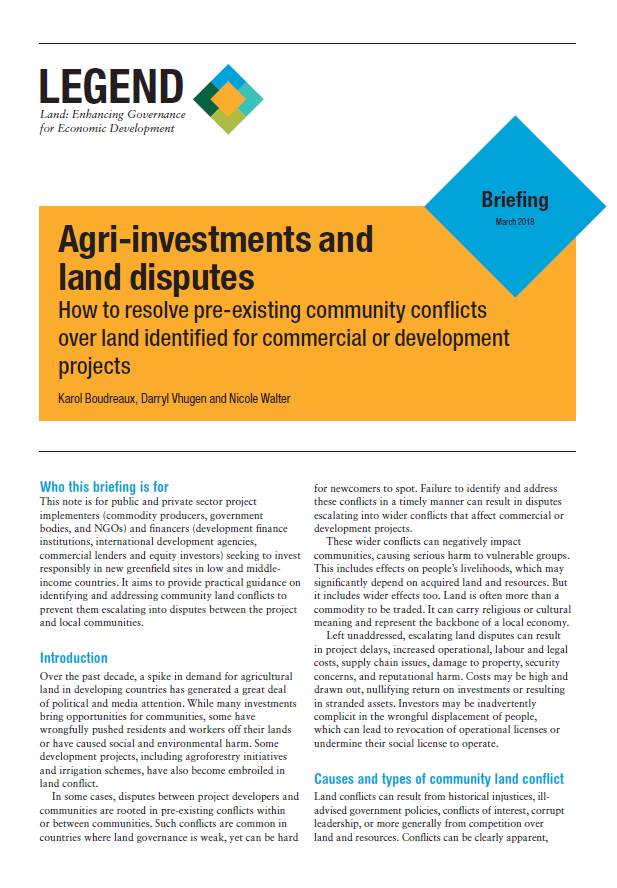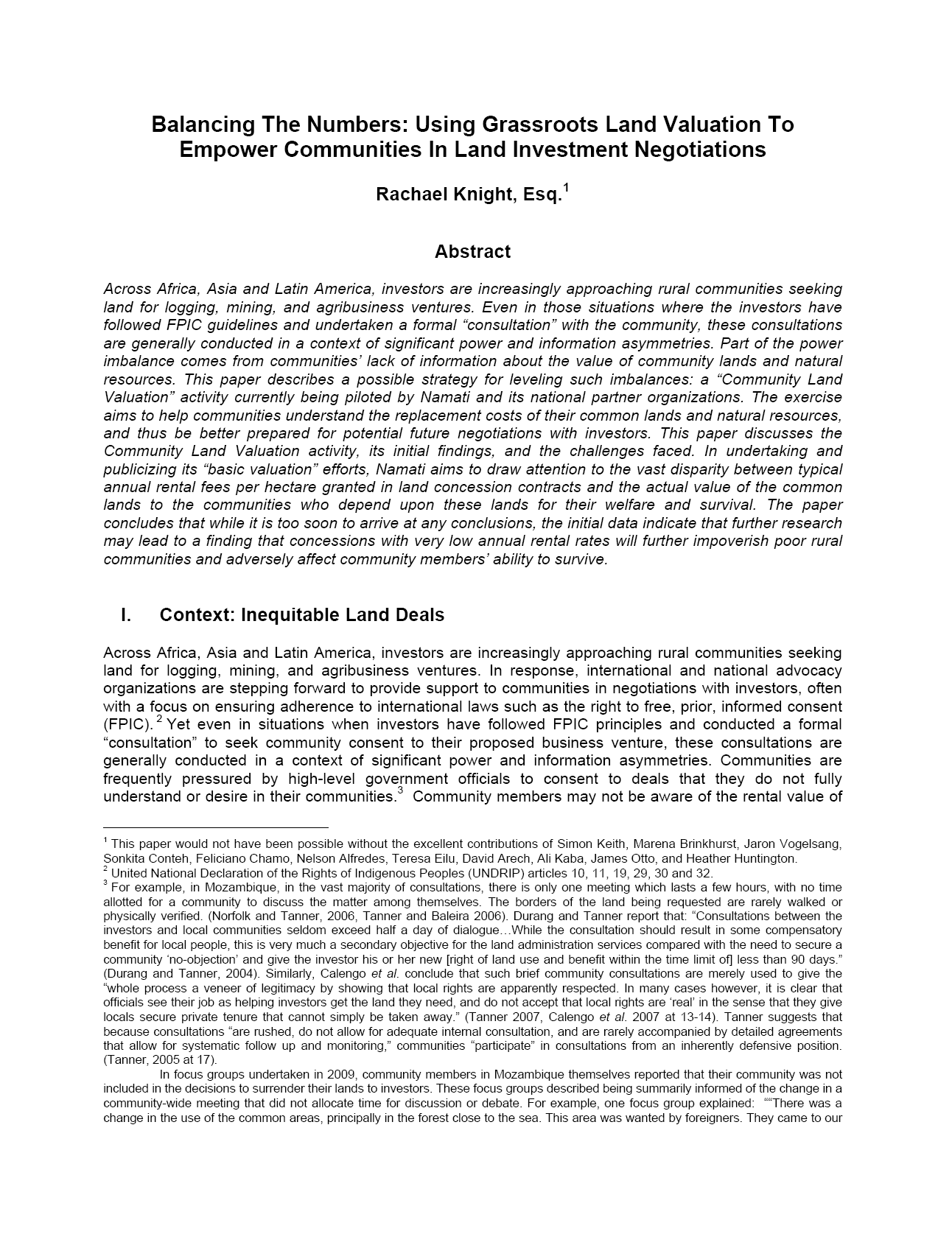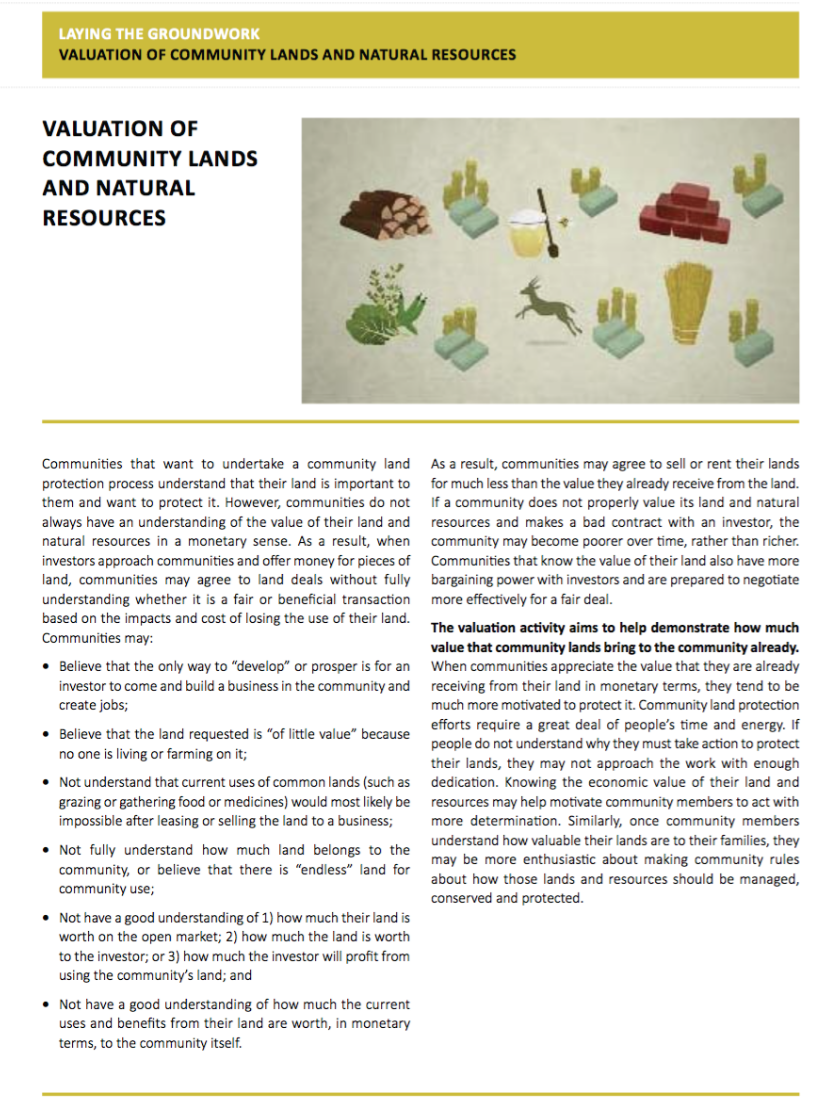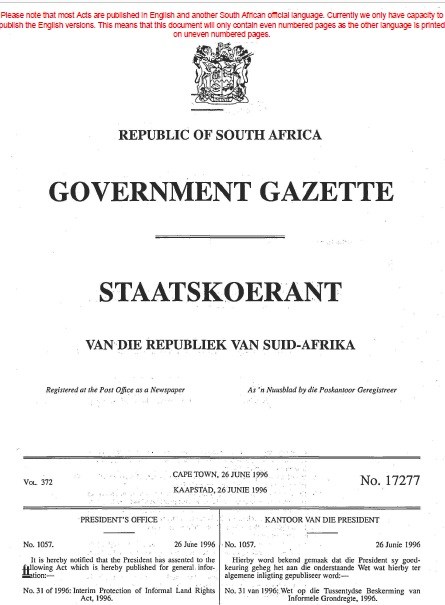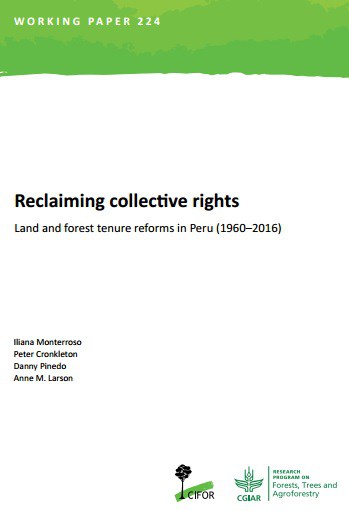Innovations in Land Tenure Systems and Land Titling (Cross-Cutting)
During its transition from racial apartheid to democracy in 1994, South Africa’s government announced it would strengthen the tenure rights of the estimated 16 million citizens who lived on communal land. By 2012, however, the government’s own reports concluded that the country had made little progress in the area of communal tenure reform.

